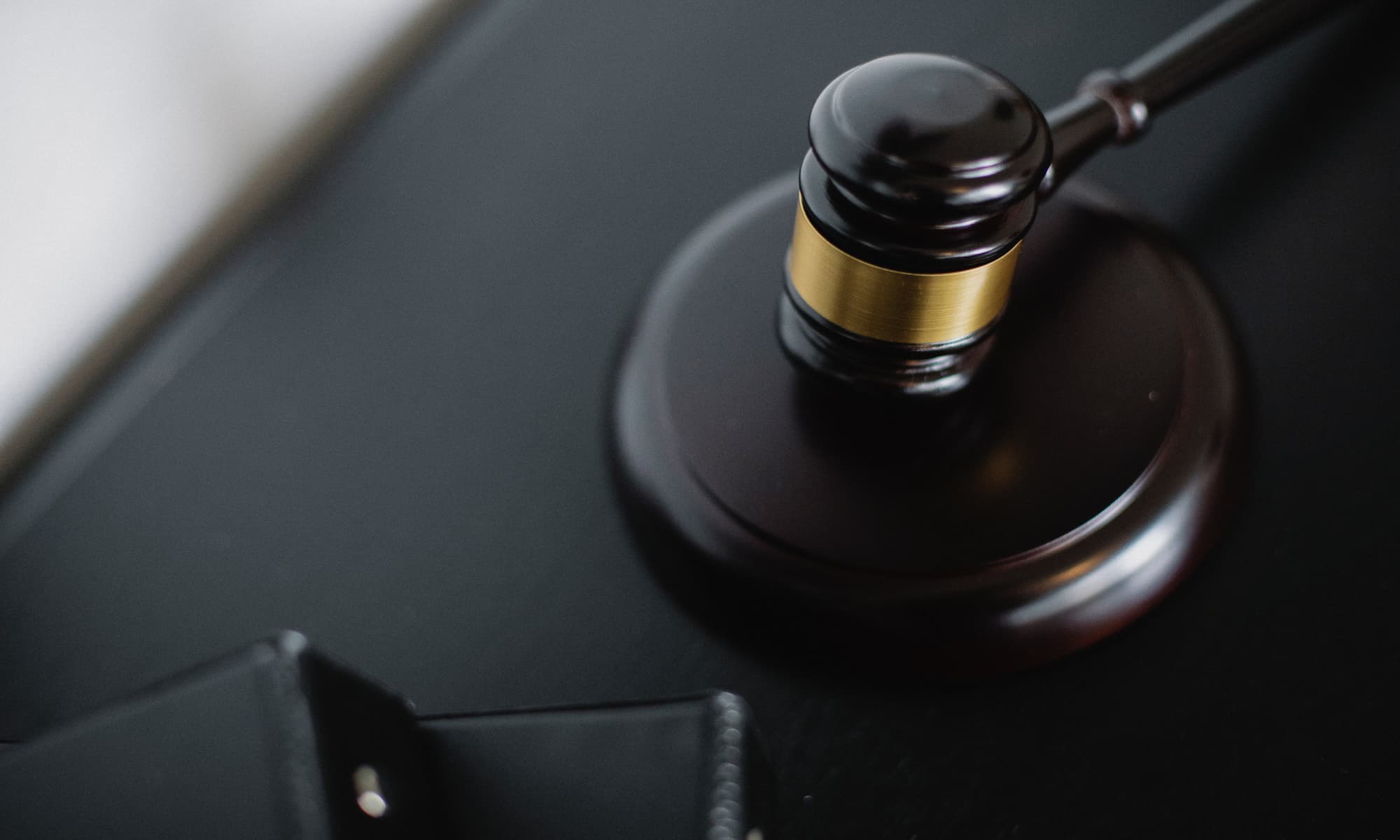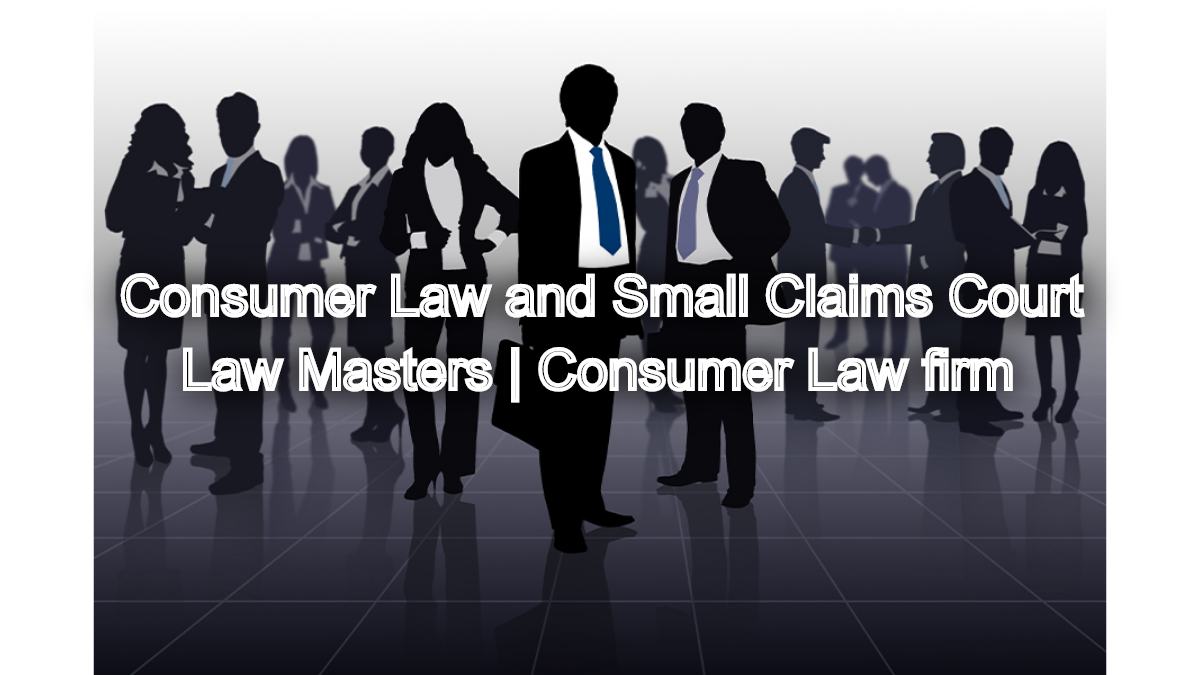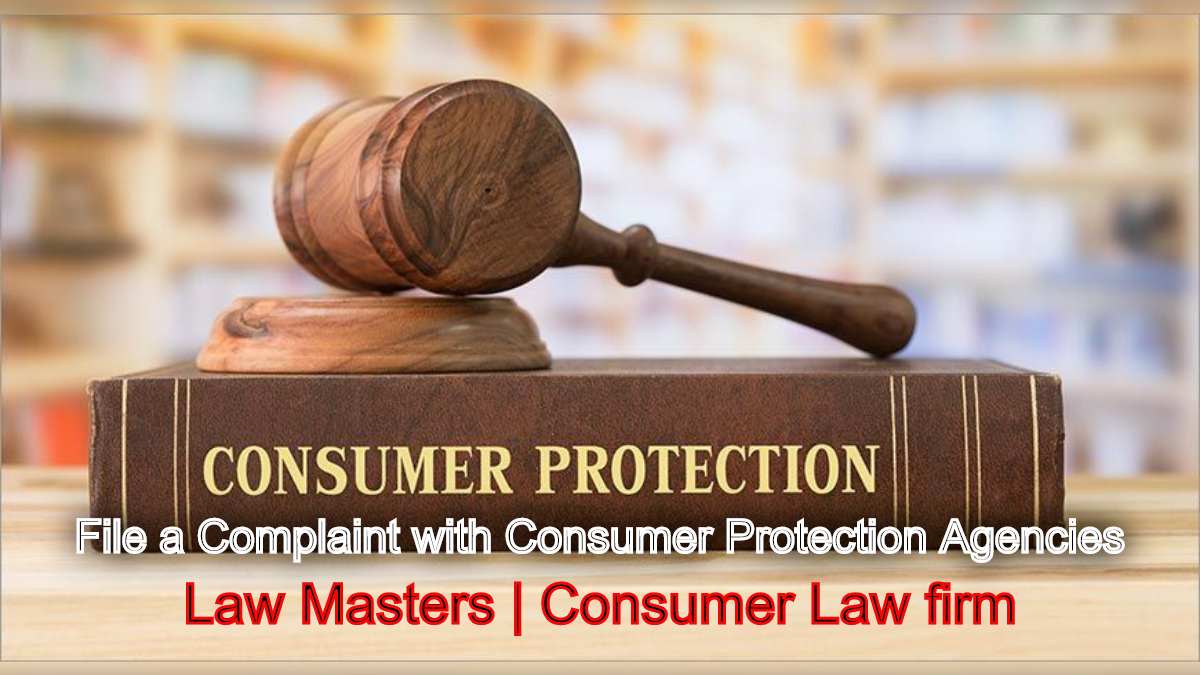Consumer Law and Small Claims Court: Consumer law is a vital area of law that safeguards the rights and interests of consumers in the marketplace. Subsequently, it encompasses a wide range of legal protections, such as product liability laws, warranty rights, and protections against deceptive or unfair business practices. Furthermore, when consumer rights are violated, legal recourse may be available. In fact, one avenue for consumers to seek redress is through the small claims court system.
Consumer Law and Small Claims Court: When and How to Pursue Legal Action: Law Masters | Consumer Law Firm | Best Consumer Lawyers 24/7
Understanding Consumer Law Violations
Consumer law violations can manifest in various forms. Firstly, defective products, such as malfunctioning electronics or dangerous toys, constitute a significant category of consumer law violations. Moreover, deceptive advertising practices, including false or misleading claims about product quality or performance, also fall within the purview of consumer law. In addition, unfair business practices, such as deceptive pricing, bait-and-switch tactics, and refusal to honor warranties, can severely impact consumer rights.
When to Consider Small Claims Court
Small claims courts provide a relatively accessible and affordable forum for consumers to resolve disputes with businesses. Consequently, they are typically designed to handle cases involving relatively small amounts of money. Therefore, if you believe your consumer rights have been violated and the value of your claim falls within the jurisdictional limits of the small claims court in your area, it may be an appropriate avenue for seeking redress.
The Small Claims Court Process
The small claims court process is generally less formal than traditional court proceedings. Firstly, you will need to file a claim with the court, outlining the nature of your dispute and the amount of damages you are seeking. Subsequently, you will be notified of a court date for a hearing. During the hearing, you will have the opportunity to present your case to a judge, present evidence, and cross-examine the defendant. Finally, the judge will render a decision, which may include an award of damages to the consumer.
Preparing for Your Small Claims Court Case
Thorough preparation is crucial for success in a small claims court case. Firstly, gather all relevant documentation, such as receipts, contracts, warranties, and any correspondence with the defendant. Moreover, meticulously document all relevant events and conversations related to your dispute. In addition, it is advisable to practice presenting your case clearly and concisely.
Seeking Legal Counsel
While representing yourself in small claims court is possible, seeking legal counsel can significantly increase your chances of success. Experienced consumer law attorneys possess in-depth knowledge of relevant laws and regulations. Consequently, they can provide valuable guidance on the legal merits of your claim, assist with gathering evidence, and represent you effectively in court.
Frequently Asked Questions
Consumer Law is a body of laws designed to protect the rights and interests of consumers in the marketplace. It encompasses various areas, including product liability laws, warranty rights, and protections against deceptive or unfair business practices.
Consider filing a small claims court case when:
Your consumer rights have been violated.
The value of your claim falls within the jurisdictional limits of the small claims court in your area.
You believe pursuing legal action is the most appropriate course of action to resolve the dispute.
Key steps in the small claims court process typically include:
Filing a claim with the court.
Receiving a court date for a hearing.
Presenting your case to the judge.
Presenting evidence and cross-examining the defendant (if applicable).
Receiving the judge’s decision.
To prepare for your small claims court case:
Gather all relevant documentation, such as receipts, contracts, and warranties.
Meticulously document all relevant events and conversations related to your dispute.
Practice presenting your case clearly and concisely.
Seeking legal counsel from a consumer law attorney is advisable when:
You are unsure about the legal merits of your claim.
The matter is complex or involves significant legal issues.
You require assistance with gathering evidence.
You need representation in court.
Conclusion
In conclusion, consumer law provides crucial protections for consumers in the marketplace. When consumer rights are violated, pursuing legal action through the small claims court system may be an effective means of obtaining redress. However, it is essential to carefully evaluate your claim, gather necessary evidence, and consider seeking legal counsel to ensure the best possible outcome.
Read More
- Common Consumer Complaints Resolution Guide: How to Seek Legal Counsel?
- How to File a Complaint with Consumer Protection Agencies
- Law Masters | Consumer Law firm | Best Consumer Lawyers 24/7
- Consumer Protection Tips for Travelers: Dealing with Airlines, Hotels, and Booking Sites
- The Role of Consumer Law in Protecting Your Privacy Online
- Department of Consumer Affairs:



